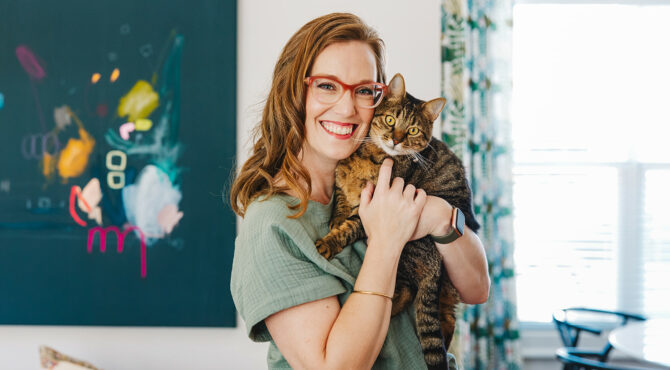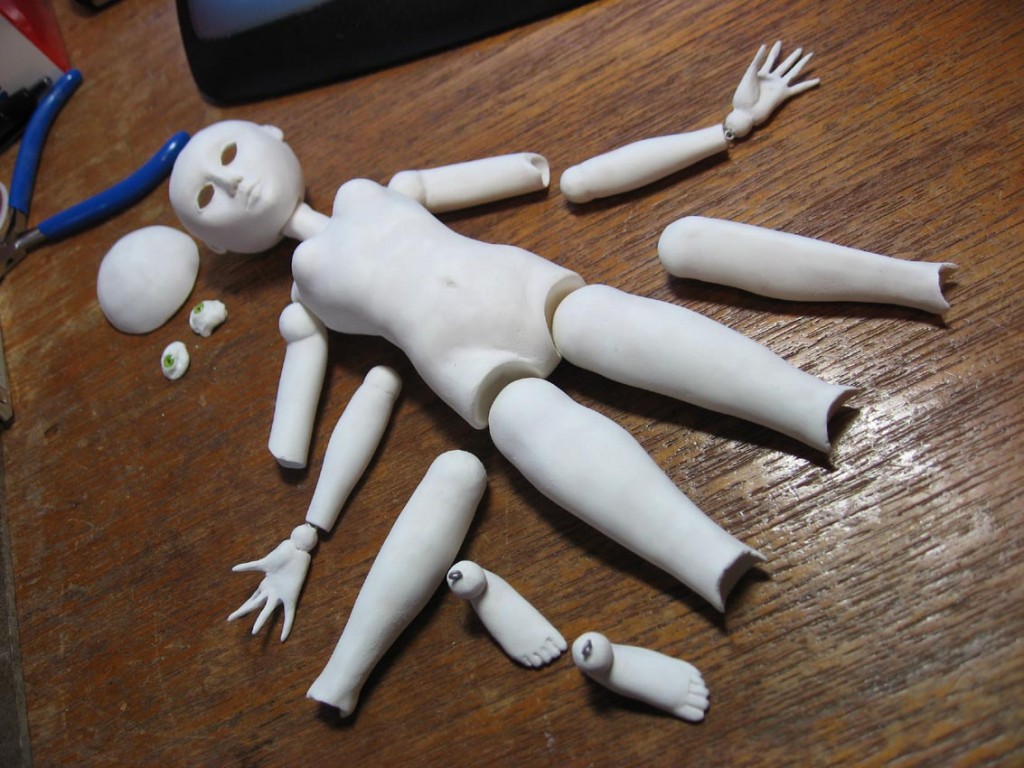On the morning of October 28th, 2022, I walked into the hospital knowing I was about to take another major step in my journey as a BRCA 1 positive previvor. This time, it was for a robot-assisted total laparoscopic hysterectomy with bilateral salpingo-oophorectomy. In simpler terms: the removal of my uterus, fallopian tubes, and ovaries. It sounds clinical, maybe even detached, but the experience has been anything but.
For those of you who have been following my journey, you know this wasn’t my first preventative surgery. I’ve taken many steps to reduce my cancer risk since learning about my genetic mutation. Each decision has come with layers of research, consultation, and soul-searching. But this surgery felt different. It felt final.
The days leading up to the procedure were filled with questions. Will menopause hit me like a freight train? Will I lose a sense of who I am? Will I ever feel the same physically? The unknowns loomed large, even though I knew this was the right step to take for my health.
The Day of Surgery
The morning was a blur of hospital forms, kind nurses, and IVs. My husband was by my side, and his steady presence brought comfort, though I could sense he was quietly worried too. We’ve been through a lot together, and this was another chapter in our shared story.
My mom was also with me on the day of surgery. She has a way of holding onto my emotions for both of us, carrying the weight of my feelings. Mostly because I feel deeply, but you’d rarely know. Her presence brought a sense of calm, even though I know she was worried as well.
The procedure itself went smoothly, thanks to my incredible surgeon, Dr. Wilson. The robotics involved in the surgery sounded futuristic when I first learned about them, but seeing how minimally invasive the incisions were, I’m incredibly grateful for the advancements in medical technology.
Recovery: A Lesson in Letting Go
The first few days post-surgery were humbling. I’m someone who likes to move, to get things done, to keep going. But recovery forced me to slow down. I had to rely on my husband, my mom, and my support network in ways that didn’t come naturally to me. I had to surrender to rest.
Emotionally, I found myself grappling with what this surgery symbolized. My uterus had carried three precious babies. It had nourished life. And now, it was gone. There’s a strange mix of grief and gratitude in that realization. Grief for what’s been lost, gratitude for the life and health I’m choosing to protect.
Post-Op Findings: A New Layer of Complexity
After the surgery, we received unexpected news. Dr Wilson said there was at least a borderline tumor in my right ovary, with the possibility of ovarian cancer. Pathology eventually showed that the tumor was protruding from the right ovary and measured approximately 3 x 3 cm. It was very concerning for an early malignancy or at least a borderline tumor.
My mom and Joe found out this news before I fully woke up from surgery. They carried the weight of that knowledge as I recovered from anesthesia, waiting to share it with me until I was ready to hear it. I can only imagine how heavy that moment must have been for them. The decision to remove my ovaries wasn’t just preventative—it may have saved my life.
Processing this news was heavy and emotional. There’s relief that we caught it early, but there’s also a lingering what-if that I’ve had to work through. I’ve been reminded, yet again, that listening to my body and being proactive about my health is essential.
Hormones, Emotions, and All the Feels
Let’s talk about menopause. It’s real, and it’s here. I had prepared myself for hot flashes, mood swings, and disrupted sleep, but experiencing it firsthand is a different story. I’ve had a few weepy moments, unexpected bursts of emotion that caught me off guard. I bought a couple of fans to keep in my purse for when my inside heater gets turned up.
What I didn’t anticipate, however, was the unexpected pain I’d feel all over my body. Joint aches, muscle soreness, foot pain, and general discomfort seemed to appear out of nowhere. Additionally, I’ve noticed weight gain, something that has been both frustrating and emotionally challenging to navigate. These changes have reminded me that healing isn’t just physical—it’s mental and emotional too.
I’ve started exploring hormone replacement therapy (HRT) with my doctor to see if it’s the right path for me. There are risks and benefits to consider, and I’m taking it one step at a time. The key, I’ve found, is to listen to my body and trust the team of doctors I’ve built around me.
Gratitude for My Support System
I couldn’t have made it through this without my people. My husband has been a rock, always supportive of this journey. My mom has been by my side, offering both practical help and emotional support. My trainer at the gym modified my workouts to ease me back into movement safely and learned more about pelvic floor than he probably expected. And my friends have reminded me to feel what I need to feel without judgment.
It’s easy to downplay what we go through in the name of survival. But this was big. This is big. And I’m learning to honor that, to give myself grace in the healing process.
Looking Ahead
It took about a year to feel more normal again. The road to recovery was long, but I’m walking it with more peace than I had before. I’ve learned that bravery isn’t about not being afraid; it’s about taking the next step, even when fear is present.
To my fellow BRCA previvors: we are warriors. Our decisions may not always make sense to others, but they are ours to make. I hope my journey offers encouragement and solidarity to anyone walking a similar path.
Thank you for walking alongside me on this journey.




